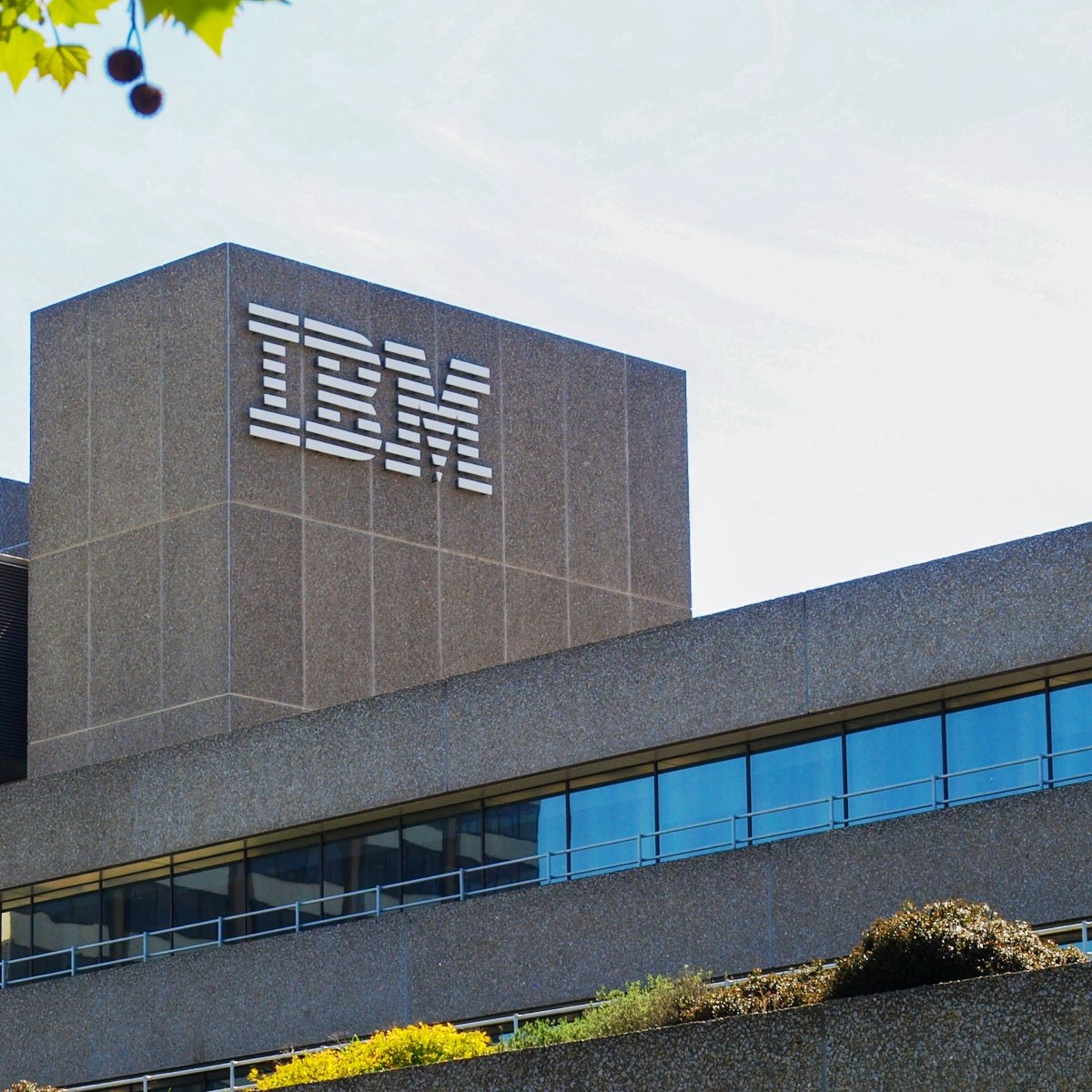Investing
7 Companies That Should Raise Their Dividend Yields to 5%

Published:
Last Updated:

A public company dividend that represents a 5% yield changes day by day with the stock price. However, several companies that pay modest or no dividends should increase their payouts so that they are at 5%, based on current share prices. Most of these have huge reservoirs of cash, cash flow that increases those reservoirs each quarter, and little M&A activity to consume their money.
Most of the companies that should lift their dividends have revenue stuck flat, plus or minus 10% a year. The rest are public corporations that accumulate billions in cash each year and keep it on their balance sheets, earning little or no money.
Apple Inc. (NASDAQ: AAPL) belongs on the list for two reasons. The first is that, unless there is a change in its financial fortunes, it is no longer a growth company. In its most recently reported quarter, revenue was $42.4 billion, down from $49.6 billion in the same quarter a year ago. For the first nine months, revenue was $168.8 billion, down from $182.2 billion. Sales of the iPhone 7 might rekindle growth, but it may not. Apple’s share price no longer rises relentlessly. It is almost stagnant recently. Apple’s yield is currently 2.2%.
International Business Machines Corp. (NYSE: IBM) has been slowly dying for years, as quarter after quarter its revenue drops. It may be saved by its cloud operations and Watson, but it faces an uphill battle in market share against leaders in the sector, particularly Amazon and Microsoft. It is very far from certain that its efforts will work. IBM’s current yield is 3.5%.
Wells Fargo & Co. (NYSE: WFC) ought to grow its payout from the current 3.1% to 5% to award shareholders who face a damaged stock price that could take months to recover. That is due to a recent scandal that led to the termination or 5,300 people and a financial charge of $185 million in settlements and $5 million in customer remediation.
Amazon.com Inc. (NASDAQ: AMZN) should pay a dividend because it can. Beyond its cash balance of $15 billion, the company virtually never uses money for M&A. Its cash will only increase.
Alphabet Inc. (NASDAQ: GOOGL) for the same reason as Amazon. With $73 billion on its balance sheet (which in theory belongs to investors), it should do what Microsoft did in 2004 when it paid a one-time dividend of $32 billion, as well as committed to buy up to $30 billion in shares over four years. That move is a perfect example of distributing wealth that rich companies do not need.
Exxon Mobil Corp. (NYSE: XOM) and all the big oil companies. Their share prices will be under siege indefinitely, unless crude spikes above $65 for a very long time. Exxon’s current yield is 3.4%.
Fiat Chrysler Automobiles N.V. (NYSE: FCAU) pays nothing, while GM’s yield is 4.8% and Ford’s is 4.7%. Fiat Chrysler may be the best of the Big Three, based on unit sales growth in the United States. Yet, it has almost no presence is China, which is the world’s largest car market.
Time to pay up.
A financial advisor can help you understand the advantages and disadvantages of investment properties. Finding a qualified financial advisor doesn’t have to be hard. SmartAsset’s free tool matches you with up to three financial advisors who serve your area, and you can interview your advisor matches at no cost to decide which one is right for you. If you’re ready to find an advisor who can help you achieve your financial goals, get started now.
Investing in real estate can diversify your portfolio. But expanding your horizons may add additional costs. If you’re an investor looking to minimize expenses, consider checking out online brokerages. They often offer low investment fees, helping you maximize your profit.
Thank you for reading! Have some feedback for us?
Contact the 24/7 Wall St. editorial team.